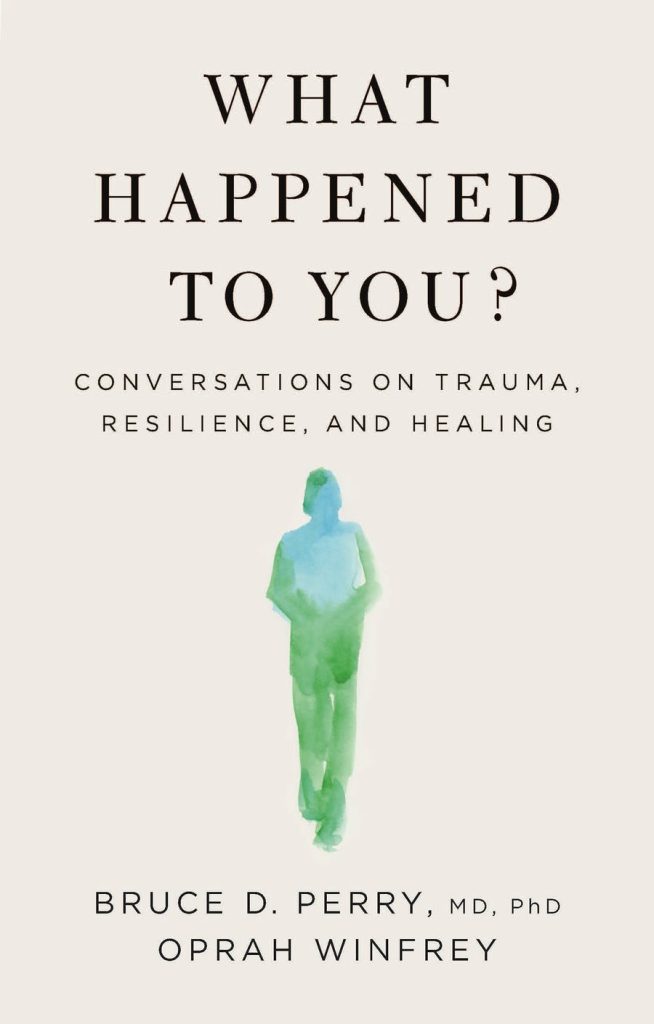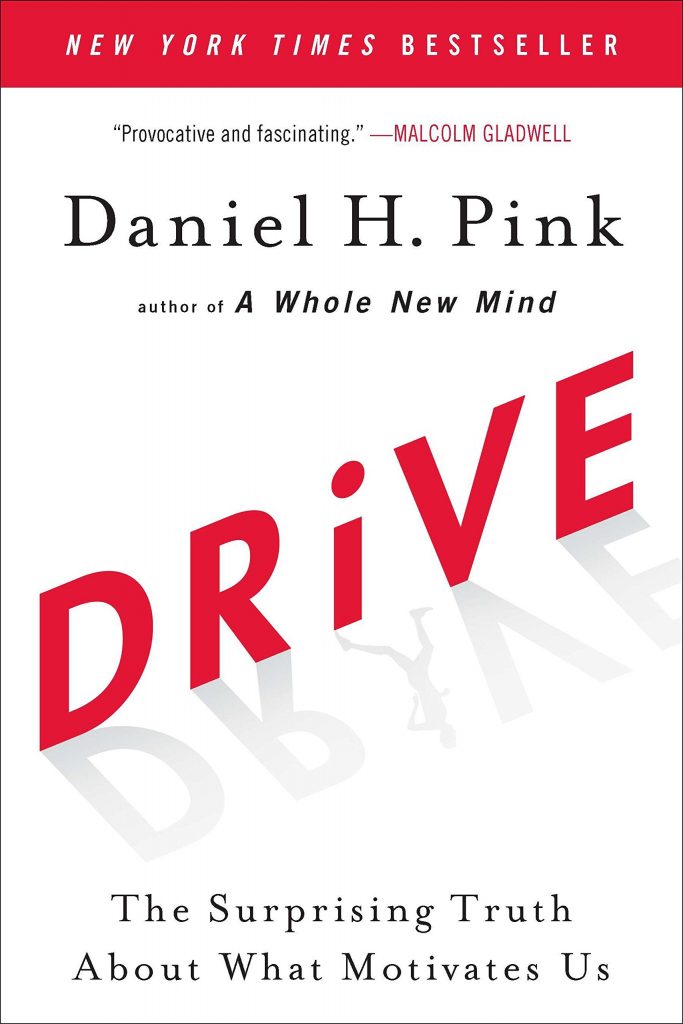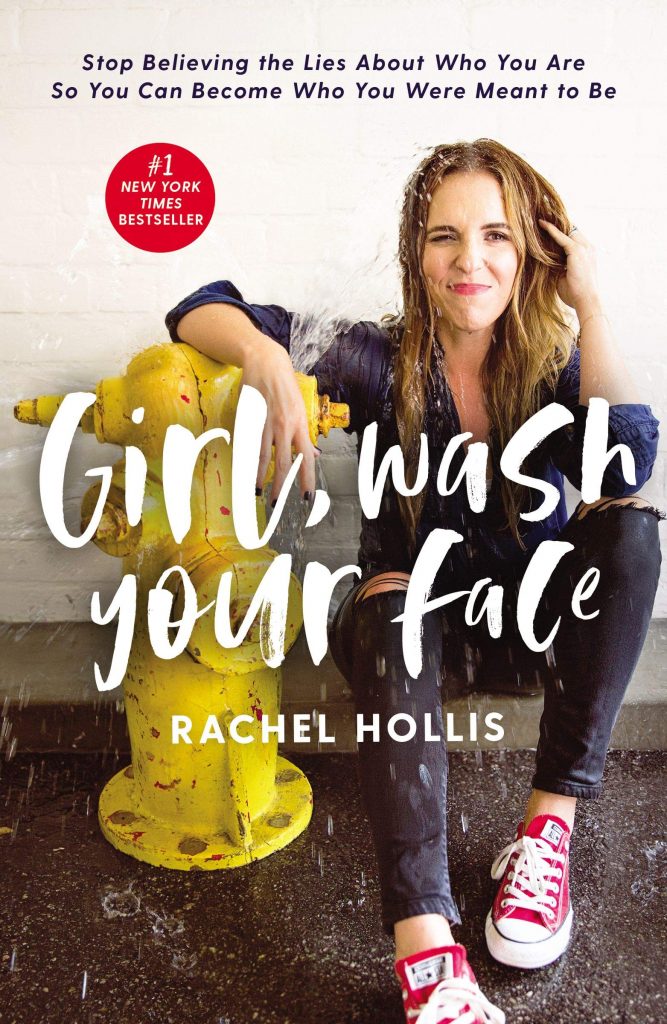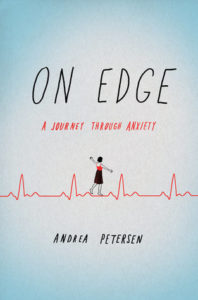What Happened To You?: Conversations on Trauma, Resilience, and Healing by Bruce D. Perry and Oprah Winfrey

“So I’m not crazy?” “No. Your brain is doing exactly what you would expect it to do considering what you lived through.”
― Oprah Winfrey, What Happened to You?: Conversations on Trauma, Resilience, and Healing
Summary: Through deeply personal conversations, Oprah Winfrey and renowned brain and trauma expert Dr. Bruce Perry offer a groundbreaking and profound shift from asking “What’s wrong with you?” to “What happened to you?”
Here, Winfrey shares stories from her past, understanding through experience the vulnerability that comes from facing trauma and adversity at a young age. In conversation throughout the book, she and Dr. Perry focus on understanding people, behavior, and ourselves. It’s a subtle but profound shift in our approach to trauma, and it allows us to understand our pasts to clear a path to our future—opening the door to resilience and healing in a proven powerful way.
My Thoughts: This book has something for everyone, and I highly recommend it! You absolutely should go with the audiobook for this one. Oprah narrates it along with Dr. Perry, and it is almost like listening to an in-depth podcast. There are scientific facts tied to real-life examples and experiences that keep you interested while also helping you better understand the concepts.
The discussions of the brain were well-done and easy for a layperson like me to understand. I appreciated the wide variety of stories Oprah and Perry shared that illustrate the impact trauma has on a person. Everyone has a reason as to why they are the way they are, and this is a good book to start digging deeper into that.



 On Edge
On Edge